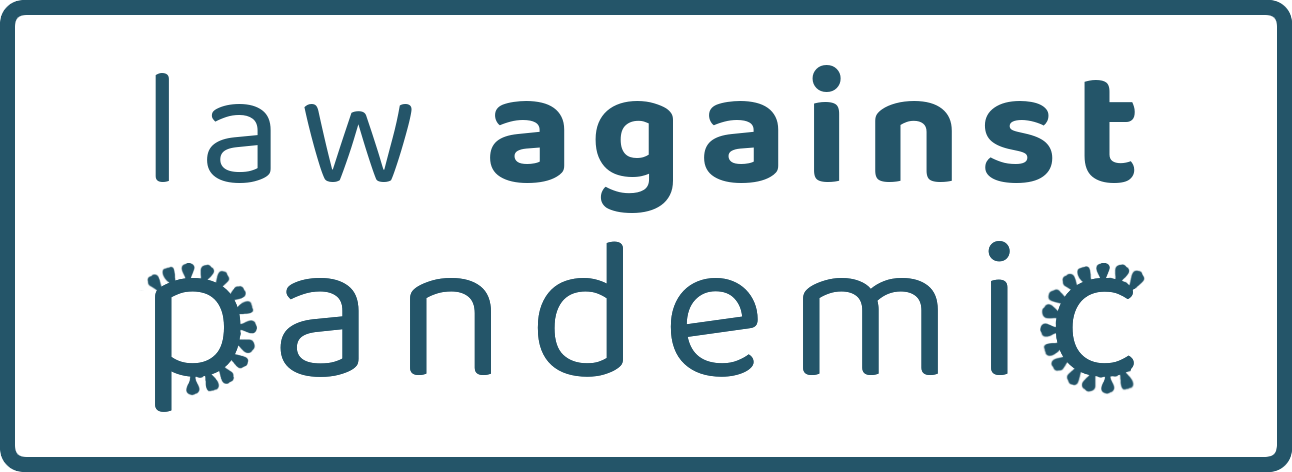
Forced quarantine caused of the coronavirus epidemic made everyone surprised. Massive infections and fear of the spread of the plague have caused many governments to take some more serious steps. Many freedoms of everyday life have been reduced at an express pace. One of the most unbearable measures is the use of mandatory quarantine, which is a ban on leaving home for other reasons such as the need to do the most needed shopping, go to work (only if you cannot work from home) and health reasons. The average person was unable to predict the scale of this phenomenon and the restrictions that would follow. It should be remembered that most people in the early stages of the epidemic were downplaying the problem. With no chance to prepare or organise a B plan, millions of people around the world had no choice but to stay at home with their casual inmates.
The world is facing new challenges, often underestimated before, under normal, nonpandemic conditions. The extraordinary nature of the situation in which humanity currently finds itself can lead to a number of abuses. It can be expected that certain mechanisms will become more explicit than before the epidemic. It can be predicted on previous experience, that situations such this, exacerbate existing inequalities. But spending 24 hours a day with your relatives doesn’t always mean a nice atmosphere and downtime. Non-governmental organisations, independent bodies and the police are alerting that there is an unprecedented number of reports of domestic violence.
Although the risk of catching the virus without leaving home is quite abstract despite the increasing number of global infections, the threat of becoming a victim of domestic violence may be very real. Quarantine time is difficult for everyone. Many people have a problem dealing with this situation. Fear of infection, forced isolation in unchanging, home conditions, awareness of the threatening sanctions for leaving a flat, fear of losing a job and financial liquidity, a sense of powerlessness are just some factors that may affect the mental condition of many people. The massive flow of negative information only aggravates mental discomfort. The situation obviously doesn’t get any better by the small size of the apartment, especially in the circumstances of a permanent, 24-hour duty to stay in it.
Everyone reacts differently. Some meditate, watch films, catch up on accomplishing their dream skills, while others have a problem with the discharge of large internal deposits of negative energy. Therefore, there are a number of abuses, including domestic violence. In conditions of forced closure, in most cases the victim literally has nowhere to escape. On one hand, there is a ban on free movement, and on the other – a real threat to the health and even the life of the victim can be realised.
Both in normal and epidemic conditions, domestic violence can take many forms: mental, physical, sexual or economic abuse. This phenomenon, of course, has been taking place before the outbreak of the pandemic, but currently there is a critical increase in domestic violence. World statistics are depressing and devastating. According to official United Nations statistics, globally around 245 million of women and girls aged between 15-49 have been subjected to sexual or/and physical violence caused by their partner in recent 12 months[1]. It can be even more if counting violation and women’s lifetime period. It is said, that in many countries the amount of domestic violence has increased with 25-30%, and in some it has even doubled[2]. Sadly, many services (such as police, health centres etc.) are struggling with overwhelming flow of cases and have shifted priorities, or are unable to help.
However, states are obliged to protect their citizens and respect human rights. Despite difficult conditions, certain aid mechanisms must be carried out no matter what. Human rights entities report proposals to help victims of domestic violence. These demands include among others: grant aid for organisations supporting victims of violence, priority treatment of facilities providing assistance to victims (in particular shelters, medical departments etc.), adaptation of temporarily non-functioning hotels for the most vulnerable people, creation of consultation points in easily accessible places such as grocery stores, pharmacies etc., development of publicly available lists of entities providing free legal assistance, provide free online legal and psychological consultations, special control of families in which cases of domestic violence were previously reported (as a preventive action), educational materials for people who have contact with victims showing how to help them and instructional actions, how to deal with violence (emergency plan).
Aid activities must be universal and easily accessible. Thus, the acceptable methods of contact should be extended: in addition to traditional e-mail or call, also short message and chat on the site available and operated nonstop has to be provided. Still, there are persons trapped in their homes with their abusers with no possibility to make a call, nor check any supportive websites. Using some secret code can help. Victim in need can make an online order at the pharmacy for a mask with code 19, and the pharmacist will help by calling the appropriate services to the address indicated. In Poland, there’s an online eco cosmetic store with the same scheme (it’s called Chamomile and pansies – you wouldn’t expect. Would you?).
In conclusion, times are hard in many areas and aspects. What we all need to do now is to support each other. Understanding is crucial and universal in any time. First and foremost what victims need, is a real support feeling. The aid must be genuine. It is very important for victims to be conscious that even in such difficult circumstances their problems matter, and they can easily seek for help. Developing a sense of mental support from state authorities and non-governmental organisations is key and will also be useful in post-epidemic times. Police actions should realistically indicate that the perpetrators of violence are prosecuted and the punishment is inevitable. Also, individuals currently have the greatest causative power. If you suspect your neighbour may have a problem, ask if you can help.
References:
[1] Report of the Secretary-General, Special edition: progress towards the Sustainable Development Goals E/2019/68, 8.05.2019, https://digitallibrary.un.org/record/3810131.
[2] United Nations Policy Brief: The Impact of COVID-19 on Women, 9.04.2020, https://www.unwomen.org/en/digital-library/publications/2020/04/policy-brief-the-impact-of-covid-19-on-women.


